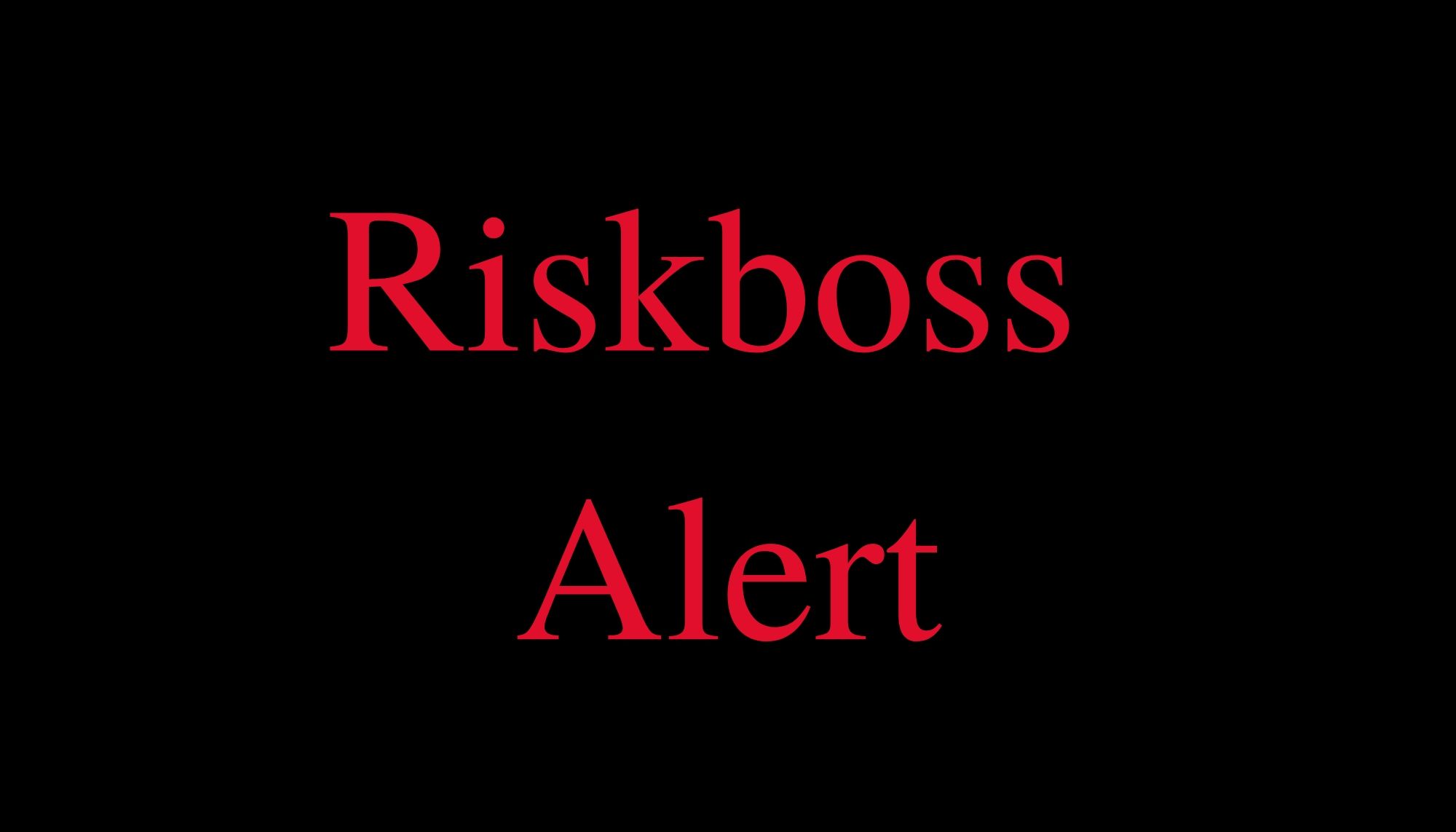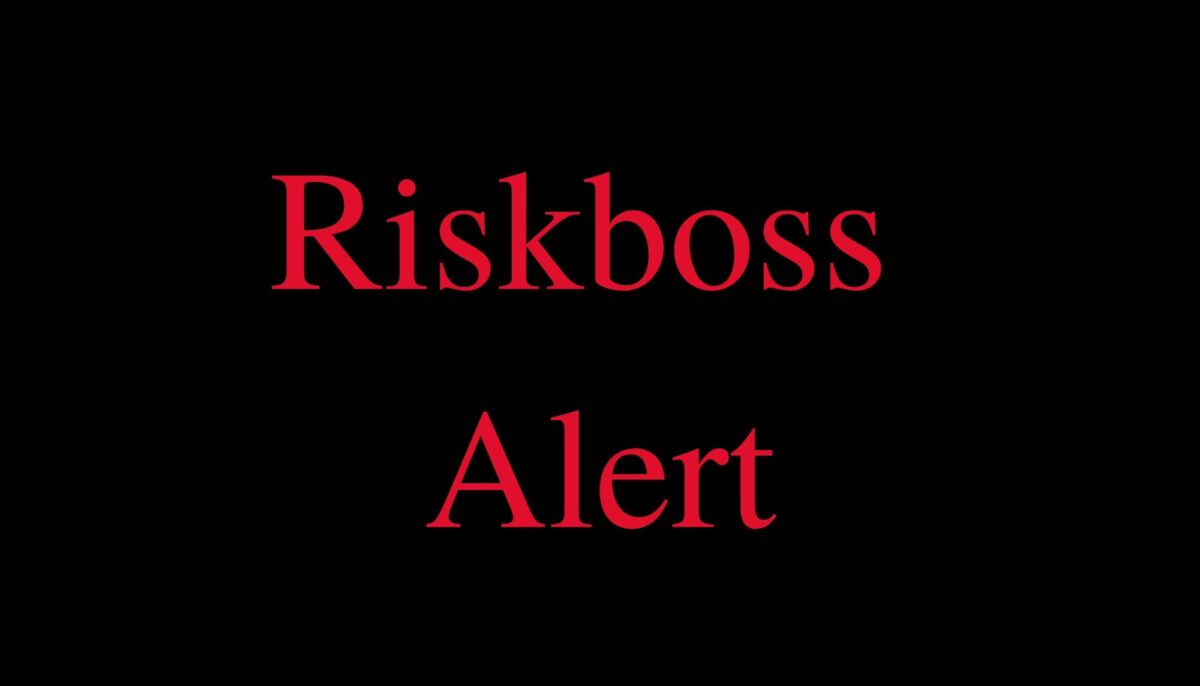As a property manager you get a call from one of your building service providers. Police are currently on site and want to interview your service provider regarding an incident that they witnessed. What is new is that the police officer is wearing a body camera and asked your service provider, “Do I have your permission to record your statement with my body camera now?”
Police services are currently testing body cameras throughout the GTA and in some jurisdiction, these devices are already deployed. It will soon become a reality that all front-line police officers in Ontario will wear and use body cameras.
When to allow and when not to allow immediate, real time body camera recorded statements can be complicated.
For both the police and the public, body cameras provide objective and real time accounts of what transpires during incidents. The goal is not only to provide greater police accountability, but moreover eliminate the, after the fact, “He Said/She Said” and finger pointing that often occurs when people try and recall what transpires during incidents.
So why do police notify the public when officers wear and engage body cameras? Why do police officer ask, “Do I have your permission to take a body camera statement from you now?” Police generally ask as a matter of public respect. From the beginning police are taught in Evidence 101, that the Best Evidence Rule is to get eyewitness statements and other evidence as soon as possible so that memories don’t fade or can be tampered with. This is why police want to get statements from witnesses recorded quickly. In most cases this is perfectly fine. Service providers, although never obliged by law to provide a statement to police, should cooperate especially if an offender is not a resident of the community.
The question begs, “Do the police need permission to record?” The simple answer in Canada is generally, “No they don’t.” That being said, there are some limitations on when the police can and cannot use body cameras. In Canada there is a One Person Consent Rule for combination video/audio taping, meaning that if you are the person taping such a conversation, you do not need permission from anyone. Video/audio taping can even be hidden and concealed as long as the person taping is present at the time of the recording. If not, it is likely illegal.
Police are limited to using body cameras to areas where there is no Reasonable Expectation of Privacy. Public sidewalks, malls, high-rise lobbies, parking lots, hallways, etc. are areas where there is no Reasonable Expectation of Privacy. Your home; however, is definitely an area where there is a Reasonable Expectation of Privacy and therefore, unless police are in your home for a lawful purpose and being ‘lawfully placed’ such as being invited or attending an emergency call, or by warrant, they should not engage their body cameras without permission.
Here is where problems can occur for property managers and something to definitely watch out for. When the situation is between two or more residents, there may be privacy issues that should be managed prior to the release of any information to anyone. Unless police declare an emergency where critical information is immediacy required, it may be prudent to request police to wait until after the corporate lawyer be can contacted to review the incident and provide sage guidance on whether confidentiality and privacy come into play.
Ever situation is different. In short, in non-emergent situations, everyone should always make a call to a higher authority when asked by a police officer for a live body camera statement just to be sure. Property managers should always be the first point of contact for the release of any information to anyone.
Download the pdf version of this Riskboss Alert
Contact us for more information at [email protected]


